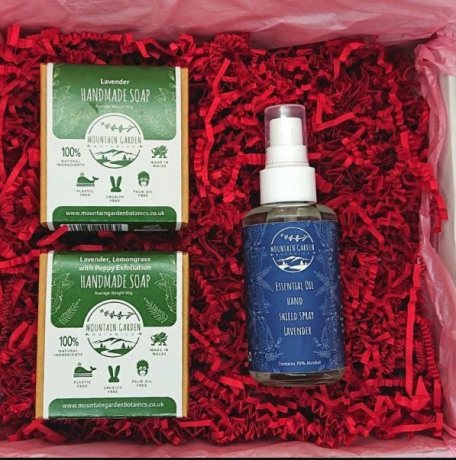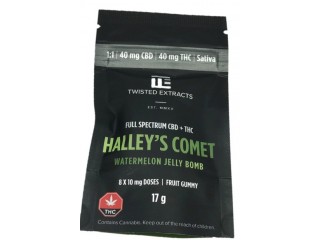3 Reasons to Make Homemade Soap at Home
3 years ago Services London 1.6K views Reference: 8930Location: London
Price: Contact us
Handmade soap can be created with MGB any number of ingredients to create the perfect handmade soap for you. With the aid of the Internet, you have a wide variety of resources and ideas to help you design your own handmade soap. It's not hard at all and if you want to learn how to make it right from the start, you can. It may be surprising but most amateur soap makers use lye to do their creations. Lye is a by-product resulting from soap manufacturing.
Before you create handmade soap, you need to know what kind of ingredients and additives are available. These are essential oils that give your soap bars consistency and moisturizing properties. All ingredients should be natural or organic. Synthetic ingredients may cause adverse reactions on sensitive skin. Natural essential oils may contain glycerin as an ingredient and may be included in handmade bars or mixed with other ingredients.
The list of ingredients for homemade soaps is pretty long and includes everything from fruits to nuts to herbs to different types of seaweed. Some ingredients you might encounter include lavender, nuts, dried flowers, citrus peels, olive oil, coconut oil, aloe vera gel, and jojoba. Each ingredient will have its own purpose and a specific place in a handmade soap recipe. Here is a list of the major ingredients you will find in your soap:
Most soaps contain palm oil as an ingredient which gives handmade soap the ability to deeply moisturize your hands. Palm oil is popular globally among cosmetic manufacturers as a cheap, effective moisturizer. Shea butter, another common ingredient, is a traditional moisturizer from Africa. It has been used for thousands of years to cure many skin conditions.
Oils derived from plants are called essential oils and are very beneficial for our skin. They provide antioxidants and are antibacterial, antifungal, and a natural pain reliever. Some of these plant oils include Rosemary, peppermint, lavender, eucalyptus, and marjoram. Essential oils can be added to handmade soap to create different colors, such as light green, golden yellow, orange, red, and pink. There are many other colorant additives that can be added to homemade soaps as well, such as green apple cider vinegar and even wine.
Another important ingredient in handmade soap is lye or sodium hydroxide. Lye is usually included because it gives the soap a better consistency and helps in saponification (making soap stronger). Sodium hydroxide is also added because it makes the process of saponification faster. This process is necessary because lye produces a solution that can dissolve fats and does not affect the stickiness of handmade bars. However, using lye can be dangerous and should only be done by people who are fully aware of the hazards of lye and are certified by a qualified professional.
The third and the final ingredient is fragrance oil, which is a product made from plant oils. It is sometimes called essential fragrance oil. The best reason to use handmade soap with these oils is that they provide extra benefits for your skin. Fragrance oil is a very strong ingredient, so its use should be limited to small amounts. People who are sensitive to fragrances should consult their doctor before using them. However, people who want a pleasant scent should opt for these oils and reap the benefits.
To make homemade soaps are quite simple. You do not need a fancy soap making machine. What you need are natural oils and fragrance oil, preferably coconut oil. All you have to do is mix the natural oils and ingredients together and pour it into a mold. If you want to add color to the soap, then you can either add colorless vegetable oils or glycerin, which is another natural oil.






